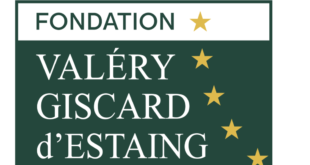(Mémoire rédigé en anglais)
Since the implosion of USSR and the collapse of Yugoslavia, one may observe a growing interest in minorities. Among a whole range of minorities, an accurate attention should be given to linguistic minorities, whose protection differs from state to state. At both international and European levels, legal instruments have been adopted in order to protect them. In this regard, the Framework Convention for the protection of National Minorities and the European Charter for regional or minority languages are particularly relevant.
Language is one of the expressions of someone’s identity. The latter is related to several notions such as culture, traditions, or history. Thus, the right to use its own language should be protected and a breach of this right should be considered as a violation of someone’s dignity. Throughout Europe, to a less a large extent, linguistic rights are protected. Furthermore, the respect of minorities including linguistic minorities has become a precondition in order to join the EU. We consider that the respect of minorities is more than just a “value”. It represents a still not-recognized “general principle of Union law”.
One aspect of the linguistic rights concerns the right to introduce bilingual or multilingual topographical signs. This right is interpreted differently in Europe and gives rise to several issues.
Croatia joined the EU on July 1st 2013. As a testimony of its transition toward a fully-integration, it approximated its legal framework on minorities with EU standards. As a consequence, even before its accession, Croatia provided effective instruments to protect and promote its minorities.
Nevertheless, the recent events that took place in Vukovar highlight a loophole in the Croatian system. Indeed, the current conditions of use of the referendum represent a threat to minorities’ rights.
The purpose of this paper is to define how EU may protect its values, namely the protection of minorities. In order to answer this question, the European legal system will be analysed. Also, attention will be paid to certain member States, which are also facing with minority issues.
Professeur : Czuczai Jeno (Collège d’Europe, Brugges) – note obtenue: 15/20
 Le petit juriste Site de la revue d'actualité juridique
Le petit juriste Site de la revue d'actualité juridique





